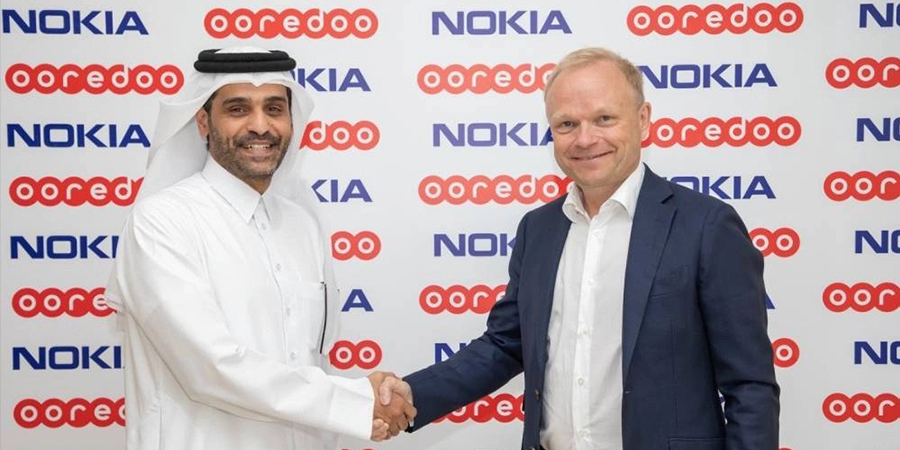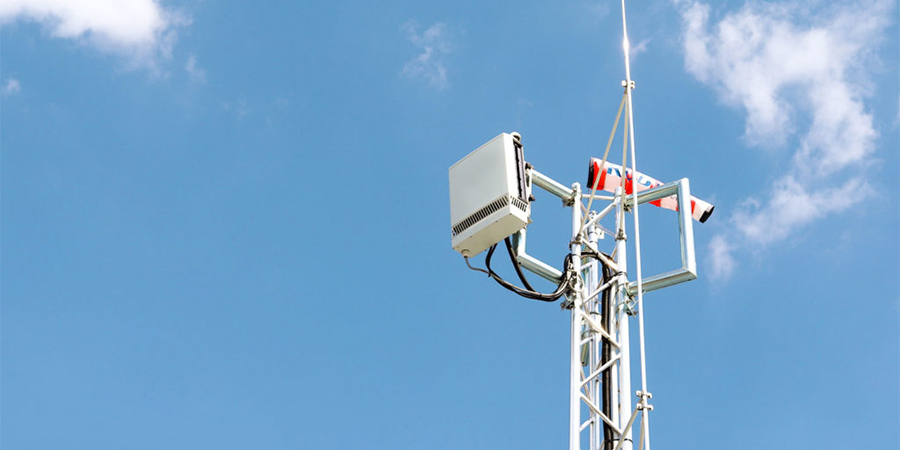For the last 25 years, the Middle East has been part of, and benefited from, the telecommunications revolution, taking full advantage of several trends that have shaped the telecom industry over the last few years. Almost all countries in the region have liberalized their telecoms industries since 2000, putting them on a dynamic path of sustainable growth. Despite having a significant financial stake in telecom, some states welcomed competition, albeit to varying degrees, and established effective regulatory authorities while shifting the investment to the private sector.

Reports and Coverage
Harnessing the Power of 5G to Change Lives and Businesses
By Khalid Murshed, CTIO, Etisalat UAE
Nokia Delegation Visits Long-Term Partner in Doha
Ooredoo Qatar, the leading one-stop national provider of ICT in the country, hosted a high-level delegation from Nokia on their visit to Doha.
TDRA First Government Entity Providing Sovereign Cloud Services
The UAE’s Telecommunications and Digital Government Regulatory Authority (TDRA) announced that it has become the first government entity to provide sovereign cloud services in the region. Sovereign Clouds are designed and built to deliver security and data access that meets the strict requirements of data protection law as well as those of the regulatory sectors regarding data privacy, access and control.
Cloud Migration: An Important Digital Enabler
Cloud migration helps businesses move their applications, databases, and other IT resources to remote servers in a seamless, secure, and transparent manner. According to the 2022 State of Multicloud report, 60% of organizations are now running production workloads in a public cloud, with migrating more workloads as the most important cloud initiative overall.
Saudi Arabia: A Tech-Powered Economy and Digital Hub
The Kingdom of Saudi Arabia (KSA) is opening new economic opportunities with its digital transformation well underway. The Saudi Vision 2030 aims to transform KSA into a global ICT hub, supported by modern technologies, advanced digital infrastructure, competent talents, and diverse investments.
Connectivity: Pushing Modern Transformation to Happen
Connectivity underpins different aspects of our personal and corporate lives – from emails and calls up to online transactions and cloud-based applications. Fast connection speeds and reliability are essential to keep a business running smoothly, meeting user demands and expectations.
umlaut Launches Private 5G Standalone Network
umlaut, part of Accenture, has launched a private 5G standalone, Open RAN network in Aachen, Germany. The “5G Campus Lab” enables companies across industries to design, test and implement ultra-high-speed and low-latency connectivity solutions faster, all without having to invest in building their own network.
Why mmWave Network Deployment is Crucial for 5G?
Smartphones and other home electronic devices use frequencies on the radio spectrum, typically under 6 GHz, but these microwave bands are starting to get crowded. As more devices come online, carriers can only squeeze that much data on the same radio frequency spectrum, resulting in slower services and dropped connections.
In Digital Transformation, Distinguishing New From Innovative Is Key
By Kevin Susman, VP of Brand and Communications, MATRIXX Software














